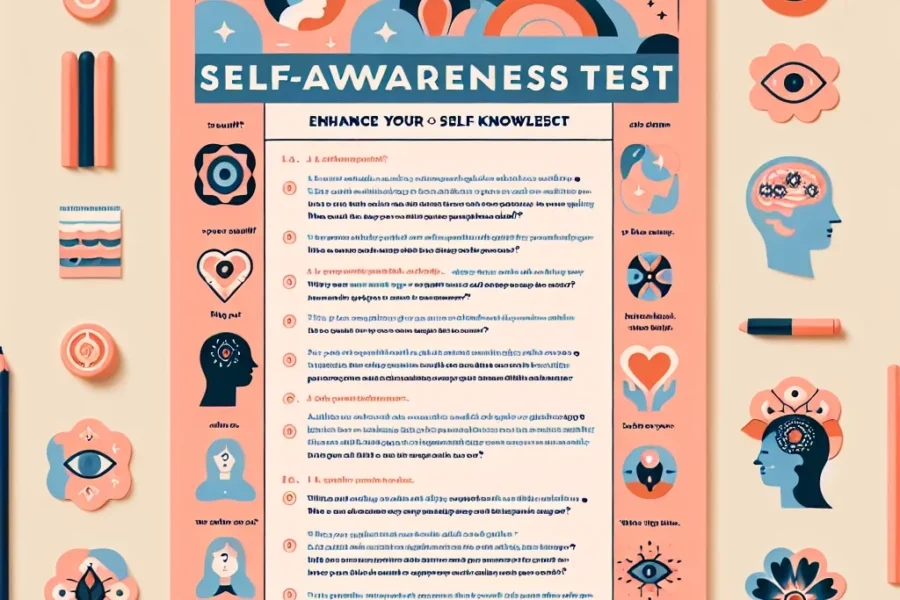In today’s fast-paced professional environment, team building has become an essential aspect of fostering a productive and collaborative workplace. One highly effective—but often overlooked—tool for strengthening team dynamics is the use of personality tests. Precisionpersonality.online, for instance, offers an incredibly accurate and free personality test which can serve as a valuable starting point for individuals seeking to understand their own personality traits. Though not specifically designed for team building, such tests can lay the groundwork for more effective communication and collaboration within a team.
A variety of free printable personality tests tailored for team building are available, and when used appropriately, they can provide insightful and actionable information that helps team members better understand each other’s motivations, preferences, and work styles. This knowledge can in turn lead to improved team dynamics, with a positive impact on productivity and morale.
These free printable personality tests typically encompass a series of questions or scenarios that participants respond to. The results categorize individuals into different personality types or traits, based on their answers. When done in a team context, the outcomes can highlight unique strengths and potential areas for development within the group.
One of the main benefits of using personality tests in a team building context is the emphasis on self-awareness. As team members become more conscious of their own behavioral styles and tendencies, they also gain insight into how their actions might be perceived by others. For instance, someone who scores highly in traits associated with extroversion may learn to better balance their participation in group discussions, ensuring that more introverted members also have a chance to contribute.
Another advantage of these tests is the ability to recognize and appreciate the diversity within the team. Often, conflict arises when team members fail to understand or value the different approaches their colleagues take. Through understanding the personality types represented in their team, members can learn to leverage each other’s strengths. For example, a team member who exhibits a keen attention to detail might be the go-to person for quality checks, while another who shines in big-picture thinking might lead brainstorming sessions.
Free printable personality tests for team building can also help in assigning roles and responsibilities that match each team member’s strengths. This alignment increases job satisfaction as individuals feel their skills are being used effectively. As an added bonus, when team members are engaged and satisfied, their performance and the team’s output are likely to improve.
Beyond individual traits, some free personality tests focus on interpersonal dynamics—how different personality types interact with one another. Such tests can provide guidance on how to resolve conflicts or facilitate smoother collaborations. For example, a test may reveal that certain personality types may prefer direct communication, while others might appreciate a more diplomatic approach. Understanding these preferences can help in tailoring communication strategies to avoid misunderstandings and build trust.
When selecting a free printable personality test for team building, it is crucial to ensure that it is based on sound psychological principles and that it has been validated for accuracy and reliability. Tests should be used as a positive development tool rather than a means of pigeonholing or limiting individuals. Moreover, the application of the results needs to be handled with sensitivity; the purpose is to uplift the team and provide constructive insights, not to criticize or label individuals negatively.
One common format for free printable personality tests is the situational judgement test, where participants are presented with a workplace scenario and asked to choose the option best representing how they would respond. Such tests, while not directly calling out personality traits, can be used to infer the decision-making styles and values of the participants, illuminating their fit within the team structure.
Another popular format is the behavioral assessment, which may pose statements or questions to gauge preferences on a spectrum (e.g., “I enjoy social events with lots of people” versus “I prefer quiet evenings at home”). Responses can reveal tendencies towards extroversion or introversion, among other traits.
To make the most of free printable personality tests, teams should hold debriefing sessions post-assessment. These meetings offer a structured opportunity for open discussion about the results, guided by a team leader or an HR professional. Team members can discuss their findings, ask questions, and brainstorm ways to integrate the knowledge into their work processes. By doing so, teams can turn individual insights into collective action steps aimed at enhancing collaboration.
Some practical steps that can be derived from the test results include:
– Adjusting communication styles to better suit the preferences of team members.
– Creating mixed-subgroups that combine various personality types for specific projects.
– Implementing conflict-resolution strategies that acknowledge different temperaments.
– Organizing team bonding activities that cater to a range of interests and personalities.
One should remember that while free printable personality tests can be extremely useful in team building, they are not a silver bullet. They are most effective when used as part of a broader strategy to foster open communication, respect for diversity, and a commitment to continuous improvement within the team. It is also essential for leaders to continuously nurture a safe and inclusive environment where all team members feel valued and understood.
In conclusion, free printable personality tests offer a functional and accessible method for enhancing team dynamics. They provide an insightful and engaging way for team members to learn more about themselves and each other, ensuring that everyone’s unique characteristics contribute positively to the team’s success. As these tests prompt reflection and discussion, they pave the way toward a more harmonious and efficient work environment. When armed with this deeper understanding, teams are equipped to collaborate more effectively, handle conflicts with greater poise, and ultimately, achieve their collective goals with vigor and unity.



Leave a Comment